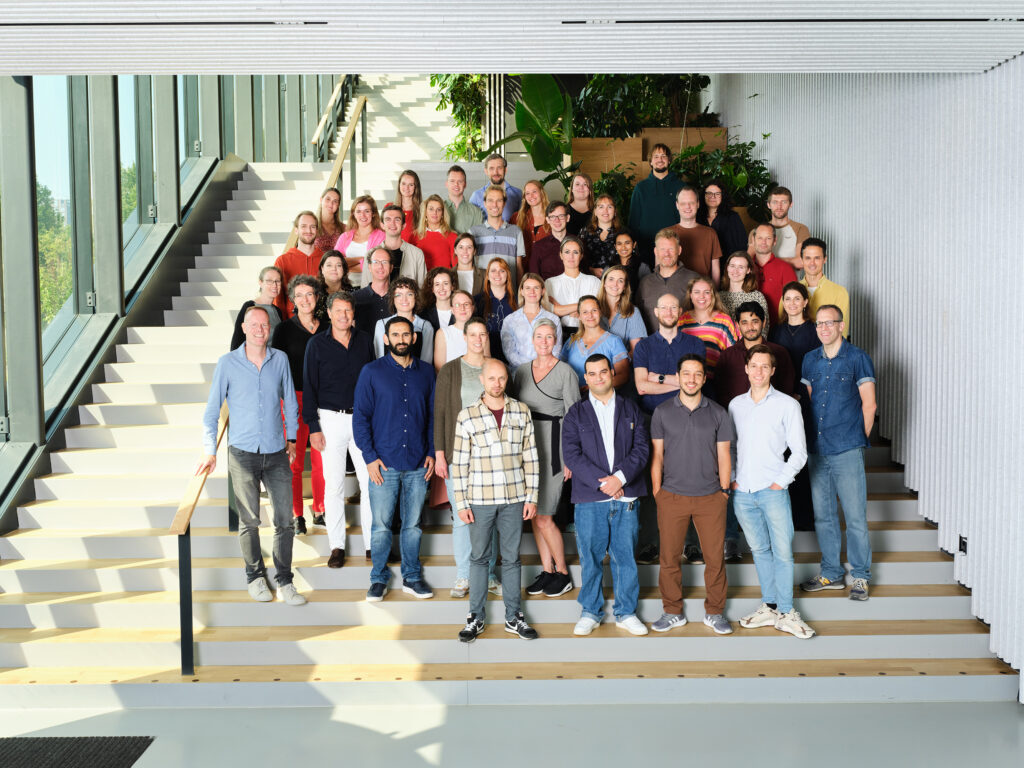Organization and board members
Hartwig Medical Foundation is an independent foundation partly funded by philanthropy. The non-profit foundation reinvests all acquired funds in achieving its mission. The Board of Directors consists of Hans van Snellenberg, Arno de Quaasteniet, Lotte Smits and Edwin Cuppen and is responsible for daily management. Rob Defares en Emile Voest are founders.
Supervisory Board
- Constantijn van Oranje-Nassau (chair), envoy Techleap
- Rob Defares, director IMC
- Emile Voest, internist-oncologist Netherlands Cancer Institute – Antoni van Leeuwenhoek
- Karen Willemsen, director Van Oord Dredging & Infra
- Eliëtte Vaal, IT privacy lawyer The Data Lawyers
Scientific Board
The Scientific Board consists of renowned national and international scientists and advises the Board of Directors and Supervisory Board on scientific and strategic choices, when requested. In addition, the Scientific Board evaluates requests for data for scientific value and feasibility.
- Roel Verhaak, professor of neurosurgery, Yale School of Medicine, Connecticut (US)
Data Access Board
The Data Access Board consists of a panel of independent experts and reviews requests for data access on legal, social and ethical aspects and advises the Board of Directors.
- Mariska Kool (chair), lawyer The Data Lawyers
- Eline Bunnik, associate professor Erasmus MC
- Warnyta Minnaard, co-founder Missie Tumor Onbekend and World CUP Alliance
Employees
Meet our enthusiastic team of lab analysts, bioinformaticians, IT specialists, clinicians and more!


Just one WGS test is enough to reveal everything you need to know to provide a patient with metastatic cancer with targeted treatment, be it a registered therapy or part of a research trial.